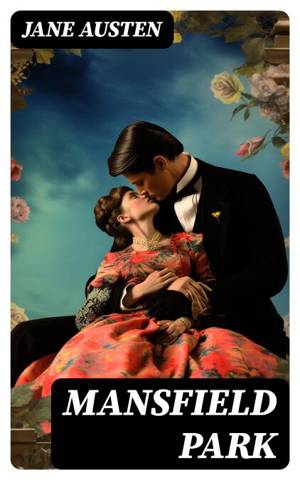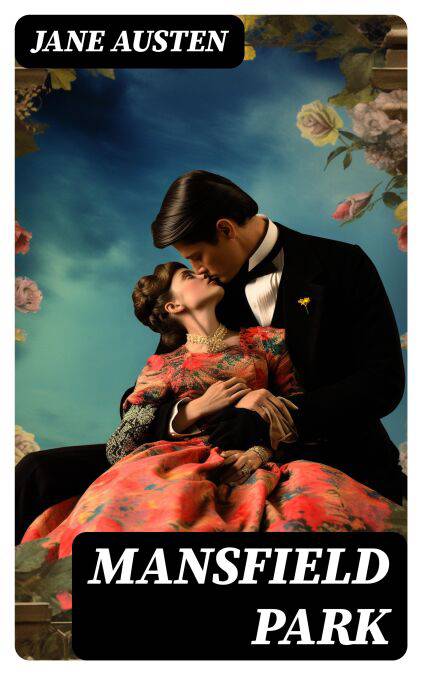
- Afhalen na 1 uur in een winkel met voorraad
- Gratis thuislevering in België vanaf € 30
- Ruim aanbod met 7 miljoen producten
- Afhalen na 1 uur in een winkel met voorraad
- Gratis thuislevering in België vanaf € 30
- Ruim aanbod met 7 miljoen producten
Zoeken
Omschrijving
In "Mansfield Park," Jane Austen intricately weaves a narrative that explores the complexities of morality, class, and personal development through the life of Fanny Price, a shy and unassuming girl raised in her wealthy relatives' mansion. The novel employs Austen's characteristic irony and keen social commentary, presenting a rich tapestry of early 19th-century English society. With its dialogue-driven prose and nuanced characterizations, the story contrasts the values of the gentry with those of the less affluent, ultimately emphasizing the importance of integrity over social status. Jane Austen, born in 1775, was a pioneering voice in the realm of novel writing, particularly for women's literature. The experiences of her own life, including her keen observations of family dynamics and social structures, undoubtedly influenced her writing. "Mansfield Park" stands out as a more serious examination of morality and personal choice compared to her other works, reflecting a matured perspective as she delves into the intricacies of human relationships and societal expectations. This thought-provoking novel is highly recommended for those interested in classic literature, social critique, and the exploration of personal ethics. Austen's insight into character motivations and societal pressures will resonate with modern readers, making this a timeless classic that continues to spark discussion and reflection.
Specificaties
Betrokkenen
- Auteur(s):
- Uitgeverij:
Inhoud
- Aantal bladzijden:
- 405
- Taal:
- Engels
Eigenschappen
- Productcode (EAN):
- 8596547752561
- Verschijningsdatum:
- 13/12/2023
- Uitvoering:
- E-book
- Beveiligd met:
- Digital watermarking
- Formaat:
- ePub

Alleen bij Standaard Boekhandel
+ 1 punten op je klantenkaart van Standaard Boekhandel
Beoordelingen
We publiceren alleen reviews die voldoen aan de voorwaarden voor reviews. Bekijk onze voorwaarden voor reviews.











